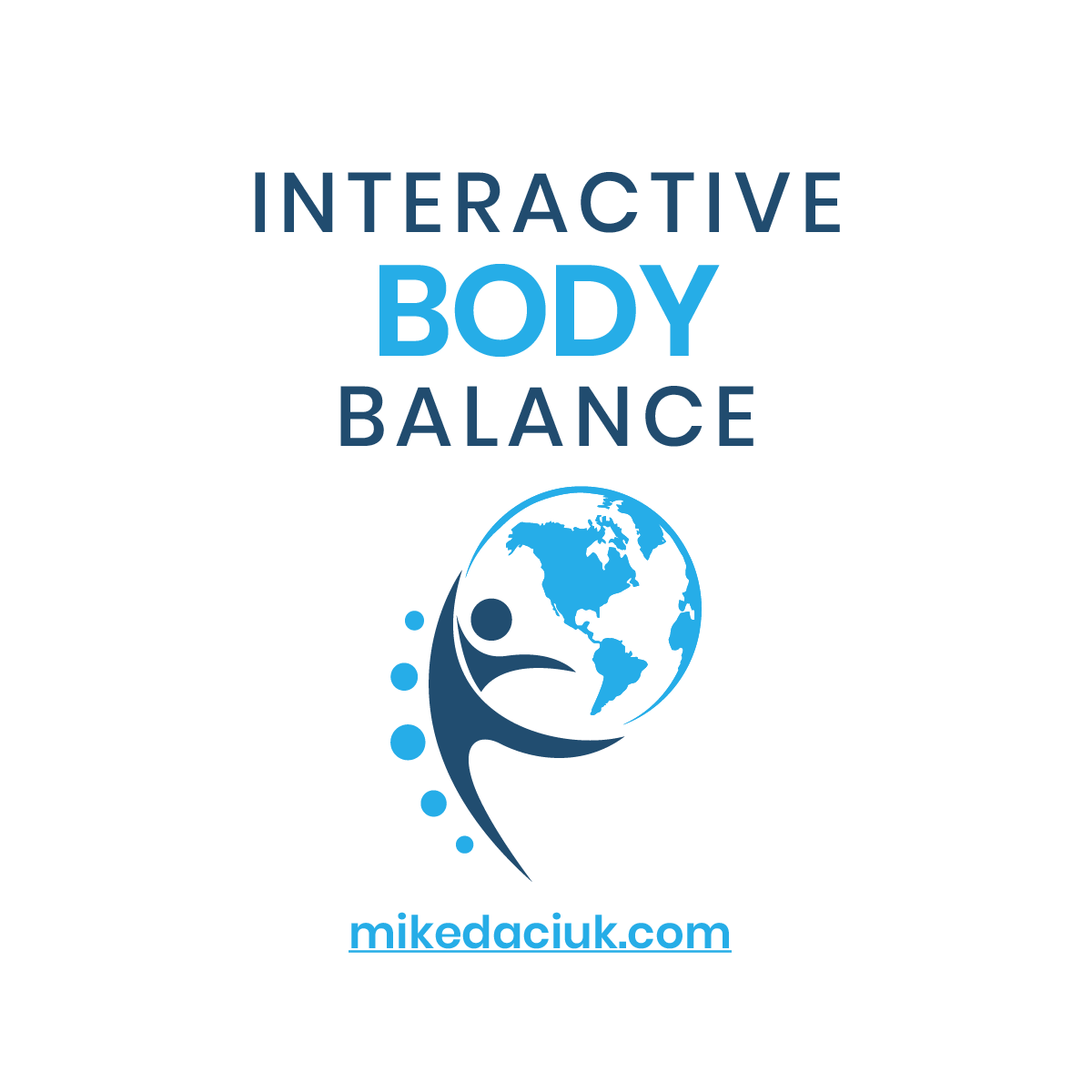Probiotics are live bacteria in yogurt, kefir, kombucha and other dairy products. However, heat and stomach acid can kill them, rendering them ineffective before they’ve even been digested. Unfortunately many people don’t consume dairy due to cultural or preference reasons. That is a main reason why they use supplements. Finally, we don’t know which “good” bacteria our unique bodies would benefit from. For some people, a certain good bacterial strain would be helpful. For others, it may not. When we consume probiotics, we’re taking a guess at which bacteria might be helpful as there are so many different strands and each person is different.
Prebiotics on the other hand are a specialized plant fiber that beneficially nourishes the good bacteria already in the large bowel or colon. Prebiotics, unlike probiotics, are not destroyed in the body. They are not affected by heat or bacteria. Getting the full benefits of prebiotics is easier than probiotics. The body itself does not digest these plant fibers. Instead, it uses these fibers to promote the growth of many of the good bacteria in the gut. Recent studies have also shown prebiotics and good bacterial gut balance play a direct role in mental health. Individuals who consume prebiotics on a daily basis have fewer issues with anxiety, depression and stress. In fact, when their saliva was tested, it contained lower levels of cortisol. High levels of this hormone have been linked directly to mental health disorders.
While probiotics introduce good bacteria into the gut, prebiotics act as a fertilizer for the good bacteria that’s already there. They help your good bacteria grow, improving the good-to-bad bacteria ratio. This ratio has been shown to have a direct correlation to your health and overall wellbeing, from your stomach to your brain. Think of your lawn. The grass is the probiotics and the fertilizer you use in the spring is the prebiotics.
So what foods contain prebiotics? Prebiotic fiber is found in many fruits and vegetables, such as the skin of apples, bananas, onions and garlic, Jerusalem artichoke, chicory root and beans. Most people should consume at least 25 grams of fiber every day and chicory root has the highest amount of prebiotic fiber. Prebiotics also act to stifle the bad bacteria in your gut.
www.mikedaciuk.com
with reference from: https://www.prebiotin.com/prebiotics/prebiotics-vs-probiotics/



